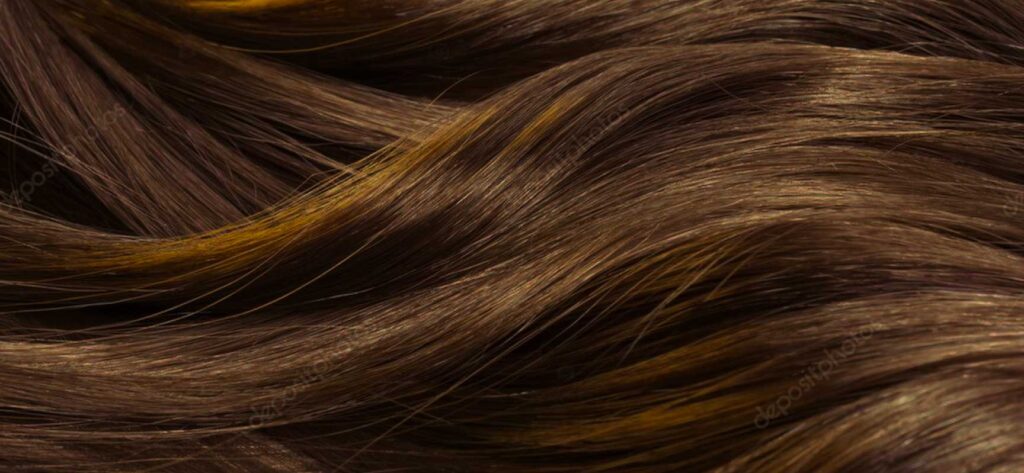Book a Consult
Our Procedures

This Is the Best Medical Center!
“Dr. Unger is a wonderful hair transplant specialist. I would recommend to anyone in need.”
J.S.

